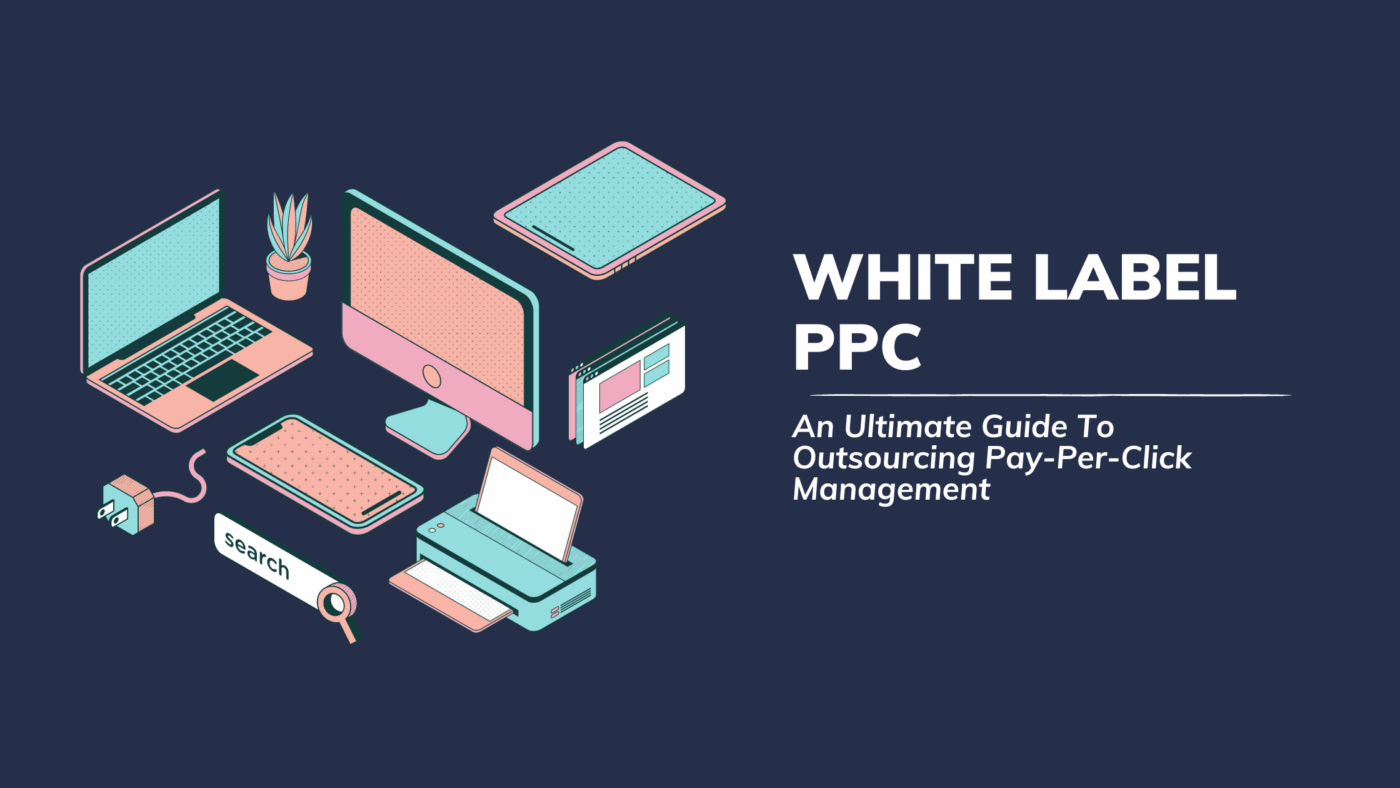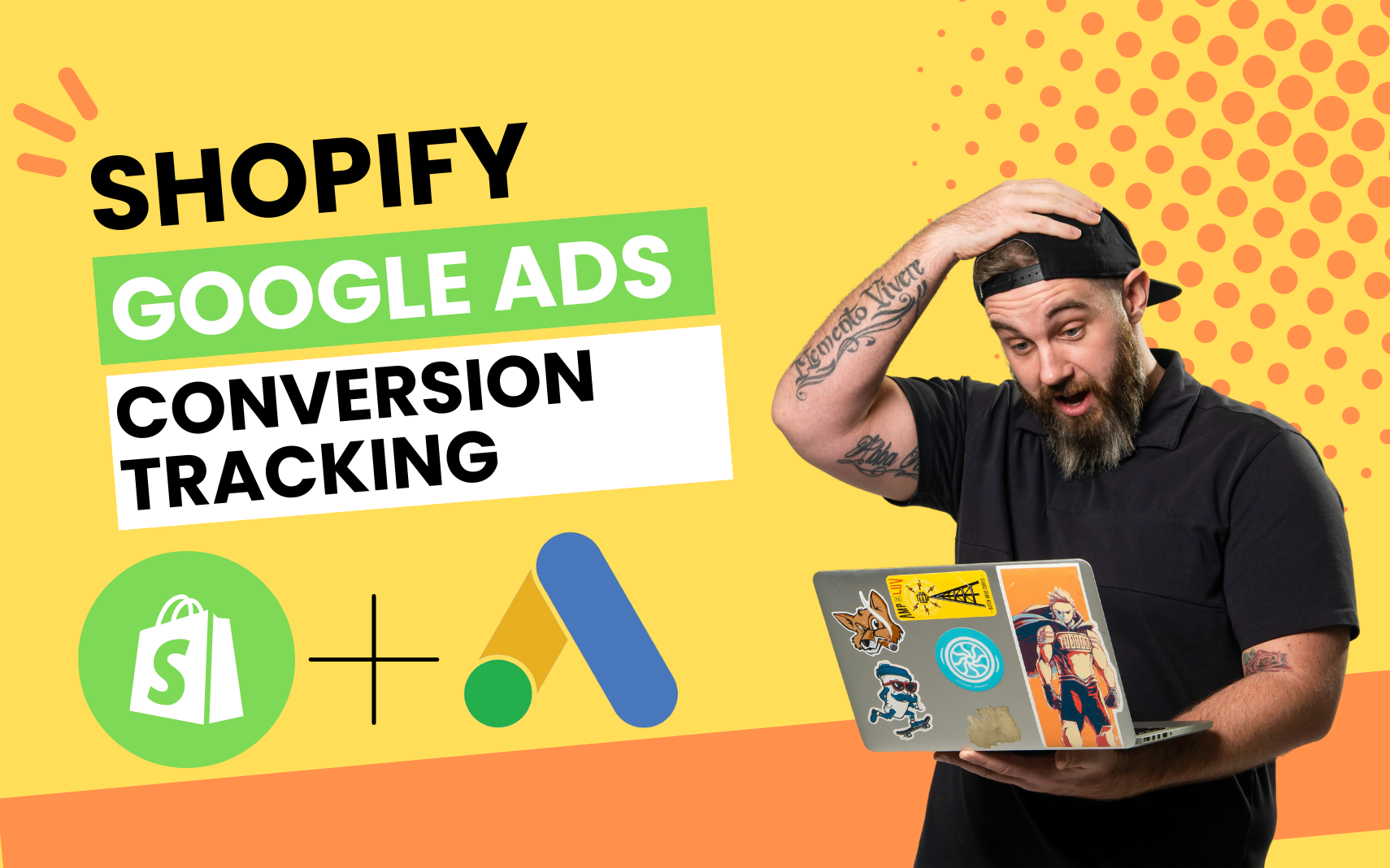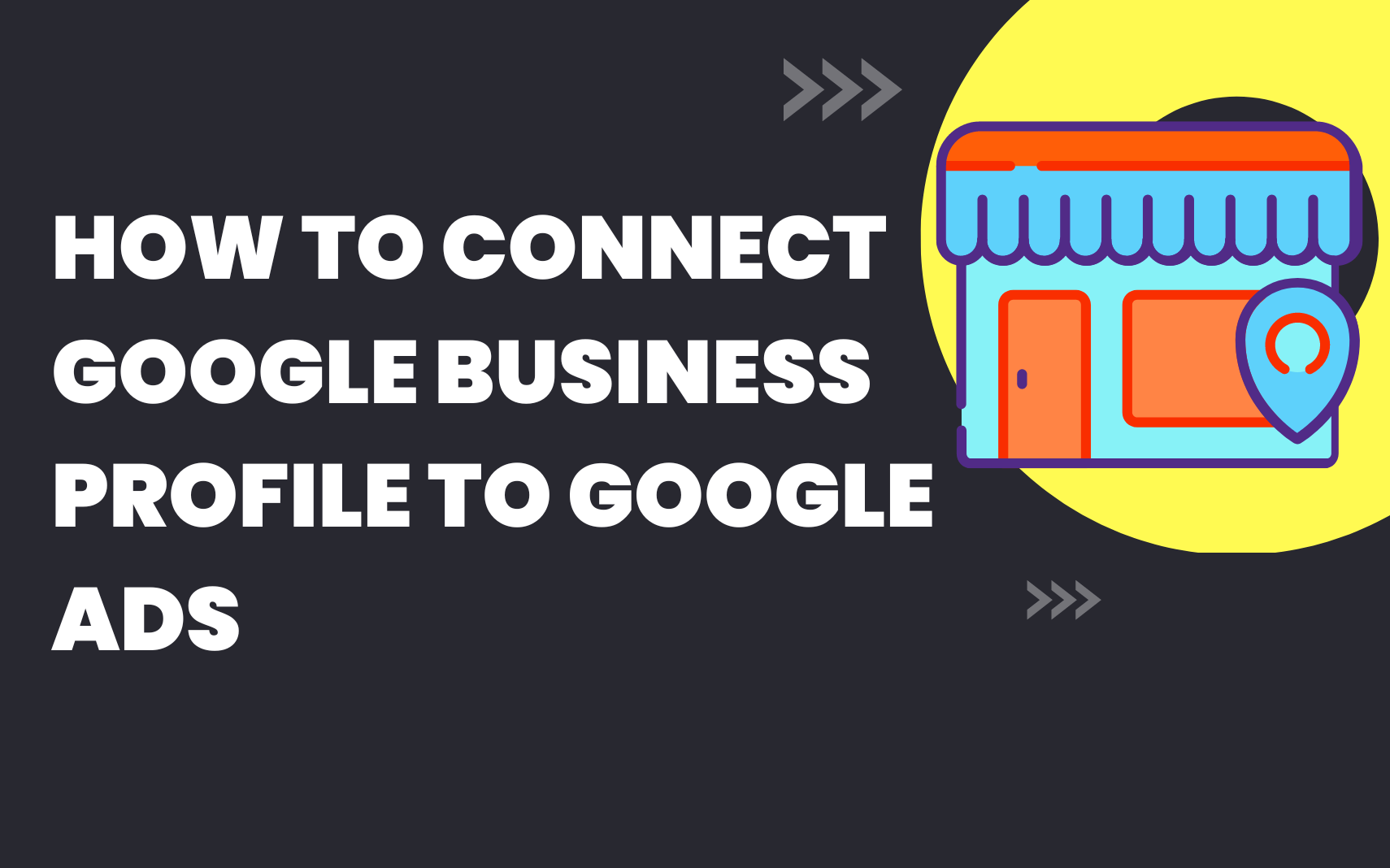Top 5 Ways To Get PPC Clients
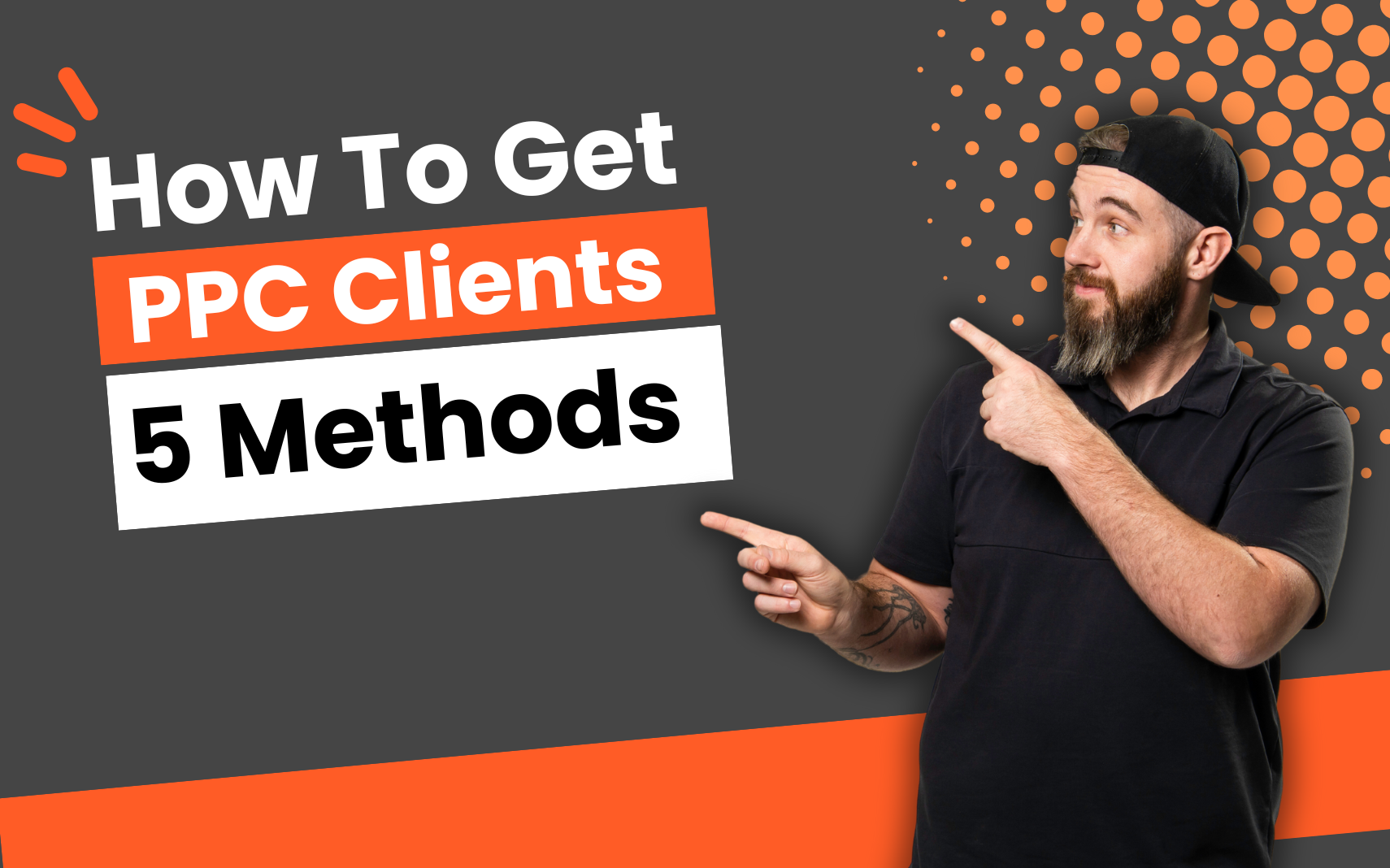
Today we’re diving into the sea of digital marketing – more specifically, the niche of Pay-Per-Click (PPC) advertising. So you’ve honed your skills, polished your strategies, but there’s one hurdle you might be facing: attracting those all-important PPC clients.
I’m here to share my top five strategies for getting PPC clients. Each of these methods has been tried, tested, and turned into gold by marketers across the globe, they can work for you too. The biggest tip that I can give before getting started is. Do small things each day that will amount to big changes in the long run.

1. Networking To Get PPC Clients – Both Online and Offline
In the world of PPC client acquisition, networking is your best friend. It’s all about being in the right place at the right time, meeting the right people, and promoting your services in a way that feels genuine and helpful.
Online Networking
LinkedIn: LinkedIn is the powerhouse of professional networking online. You can join groups related to PPC, digital marketing, or specific industries you’re targeting. Engage in conversations, answer questions, share insights, and showcase your expertise. You can upgrade to salesnavigator as well to really take your prospecting game to the next level. Make sure you have a solid pitch and know the best practices when engaging with prospects. My tip here is to build value before your ask.
Facebook: Facebook is a goldmine of potential clients if you know where to look. The best place to start is becoming active in groups where your ideal client is. For instance say you want to work with junk removal companies. There are countless groups of junk removal owners. Go into these groups and work to provide value. Don’t just spam pitches and cold DM every person you see there. Take the time to build up your profile as someone that is a resource for the group. Answer questions without sliding into DMs, give guidance in comments so others can see, and be patient.
Offline Networking
Industry Conferences: Attending industry conferences such as SMX, Pubcon, or Hero Conf allows you to meet potential clients, exchange ideas, and showcase your expertise.
Local Business Meetups: Local business meetups, often found on platforms like Meetup.com, offer an opportunity to connect with local businesses that might require PPC services.
Community Events: Participating in community events, expos, or trade shows can also help you meet potential clients.
Tools/Resources: Use business card apps like CamCard to digitize and manage the business cards you receive. An app like Evernote can help you keep notes on the people you meet and conversations you have.
Remember, networking is not just about selling your services; it’s about building relationships. Show genuine interest in others, offer help where you can, and the clients will come. After all, people are more likely to do business with people they like and trust!
You can make daily goals of different outreach techniques that you will do every single day. These will add up over time till you have a pipeline of leads flowing.

2. Content Marketing
Content marketing is a fantastic way to attract PPC clients. By creating valuable, relevant content, you establish yourself as a thought leader in the industry, making potential clients more likely to trust you with their PPC needs.
Blogging
Starting a blog is one of the best ways to provide valuable content to your audience. Write insightful articles on PPC marketing, share case studies, or offer actionable tips. Share these with your network via email, Linkedin, and other social channels.
Tools/Resources: WordPress is a fantastic platform for starting a blog. Yoast SEO is an essential WordPress plugin for optimizing your blog posts for search engines. Grammarly can help ensure your content is grammatically correct, and Hemingway Editor can help make your writing clear and engaging.
Webinars
Hosting webinars allows you to share your expertise in a more interactive format. You can cover advanced PPC strategies, host live PPC audits, or conduct Q&A sessions.
Tools/Resources: Platforms like Zoom, GoToWebinar, or WebinarJam are great for hosting webinars. Use a tool like Slido to allow attendees to ask questions easily.
Podcasts
Starting a podcast on digital marketing can be another way to share your expertise and attract potential clients.
Tools/Resources: You can use platforms like Anchor or Buzzsprout to host your podcast. Audacity is a free, easy-to-use tool for editing your podcast episodes.
Email Newsletters
Sending regular email newsletters can help keep you at the top of potential clients’ minds. Share your latest blog posts, industry news, or exclusive PPC tips.
Tools/Resources: HighLevel, Mailchimp, and Active Campaign are excellent platforms for managing your email list and creating beautiful newsletters.
Guest Blogging
Guest blogging involves writing blog posts for other websites. This can help you reach a larger audience and gain more credibility.
Tools/Resources: You can find guest blogging opportunities on sites like My Blog Guest or Guest Post Tracker. Buzzstream is a tool that can help with managing and tracking your guest post outreach.
In your content marketing efforts, remember that quality trumps quantity. Consistently providing high-quality, valuable content will help attract more potential PPC clients than churning out lots of low-quality content. And don’t forget to promote your content through social media, SEO, and email marketing to ensure it reaches as many people as possible. Happy content creating!

3. Cold Emailing
Cold Emailing
Cold emailing involves reaching out to companies that could benefit from PPC advertising, and explaining how your services can help their business. A successful cold email should be personalized, concise, and clearly communicate the value you can provide.
Proven Script Tips: Start with a compelling subject line to improve open rates. Address the recipient by name to make it personal. Begin the email by mentioning something specific about their business to show you’ve done your research. Then, clearly explain why you’re reaching out, how your PPC services could benefit them, and provide a clear call to action like scheduling a call or a free PPC audit.
Tools/Resources: Hunter.io can help you find the right email addresses. Mailshake or GMass can automate and track your cold email campaigns. Grammarly can ensure your emails are well-written and professional.
Cold Calling
Cold calling, though a bit old-school, can still be very effective when done right. The key is to be prepared, respectful, and focused on the needs of the potential client.
Proven Script Tips: Start by introducing yourself and your company, then quickly move to the value you can provide. Mention a few key ways that PPC could help their business. Offer to schedule a more in-depth discussion or a free PPC audit. Remember, your goal is not to close the deal on the call, but to spark interest and establish a relationship.
Tools/Resources: VoIP services like Skype or Google Voice can help with making the calls. CRM platforms like HubSpot or Zoho CRM can track your calls and follow-ups. A tool like Chorus.ai can provide conversation analytics to improve your cold calling techniques.
Both cold emailing and cold calling can be tricky – they require persistence, resilience, and a willingness to face rejection. However, with the right scripts, strategies, and tools, they can be a powerful way to get more PPC clients. Always remember to be respectful and focused on providing value, and the results will follow.
I got my first 8 clients by cold calling. That was my background in sales so it was a lot of work. Here is the typical breakdown for cold calling you should aim to do:
- Aim for 150 Calls every day
- Have rebuttals
- Have an offer like a free Google Ads audit (this worked for me)
- Create a follow up sequence for interested parties
- Focus on building a pipeline than getting sales and sales will come
This is personally how I got started and it works as a lot of others don’t want to do it.

4. Use of Lead Magnets
Lead magnets are an effective way to capture the contact information of potential clients. By offering something of value for free, you can attract individuals who are interested in PPC and build an email list for future marketing.
eBooks, Guides & Templates
Creating and offering free eBooks, guides, or templates related to PPC can attract potential clients. For example, you might create a comprehensive guide to Google Ads, a template for a PPC audit, or an eBook on advanced PPC strategies.
Tools/Resources: Use a platform like Canva or Adobe InDesign to design professional-looking eBooks or guides. Google Docs can be a simple option for creating templates. Use ChatGPT to make these resources in no time.
Free Consultations or PPC Audits
Offering a free consultation or PPC audit can attract potential clients who are already considering PPC and want expert advice. This is the best offer in my opinion for selling PPC.
Free Google Ads Audit > Audit Results + Action Plan + Quote For Services > Follow Up
Tools/Resources: Use a tool like Calendly or YouCanBook.me to schedule consultations. For conducting audits, you can use tools like Google Ads Editor, SEMrush, or WordStream’s Google Ads Performance Grader.
Landing Pages for Lead Magnets
Create a landing page dedicated to your lead magnet. This page should clearly explain the value of the lead magnet and include a form to capture visitors’ contact information.
Tools/Resources: Platforms like HighLevel, Unbounce, Leadpages, or Instapage are excellent for creating and testing landing pages.
Promoting Your Lead Magnets
Once your lead magnet and landing page are ready, promote them through various channels to attract potential clients.
Tools/Resources: Use PPC advertising (Google Ads, Facebook Ads) to promote your lead magnet to a targeted audience. Also, promote it through your social media channels, your email newsletter, and your blog.
Remember, the key to a successful lead magnet is providing real value. The more valuable your lead magnet, the more likely potential clients are to give you their contact information. And don’t forget to follow up with your leads to nurture them into becoming paying clients. Good luck!

5. Affiliates & Partners
Establishing an affiliate or referral program can be a game-changer for your PPC agency. By incentivizing others to recommend your services, you can significantly expand your reach and attract more clients.
Creating the Program
First, decide on the structure of your program. You might offer a flat fee for each referral, a percentage of the referred client’s spend, or a discount on their own services. Make sure the incentive is enticing enough to motivate your affiliates.
Tools/Resources: Use a spreadsheet or a project management tool like Trello or Asana to plan and track your program’s structure and progress.
Tracking and Management
For the program to work, you need an easy way to track referrals and calculate payouts.
Tools/Resources: Use an affiliate management platform like Post Affiliate Pro or ReferralCandy. These platforms can automate the tracking of referrals, clicks, and sales, making managing your program a breeze.
Promotion
Promote your program to your existing clients, contacts, and on your website and social media channels.
Tools/Resources: Use email marketing services like Mailchimp or ActiveCampaign to send the program details to your contacts. Promote it on your social media channels using tools like Buffer or Hootsuite.
Providing Resources
Make it easy for your affiliates to refer you by providing resources like marketing materials, sales scripts, or ready-to-share social media posts.
Tools/Resources: Use a tool like Canva to create professional-looking marketing materials. Google Docs or Dropbox can be used to share resources with your affiliates.
Referral marketing can be incredibly effective, as people are more likely to trust recommendations from people they know. However, for your program to succeed, it’s crucial to provide excellent services that your affiliates would be proud to recommend. And remember to make your program easy to understand and participate in, as the easier it is, the more likely your affiliates will be to recommend you. Best of luck with your affiliate program!
Now, you’re armed with five proven strategies for attracting PPC clients. Each method has its pros and cons, so consider your resources, your target audience, and your personal preferences when deciding which to pursue. And remember, consistency and patience are your best friends in this journey.

